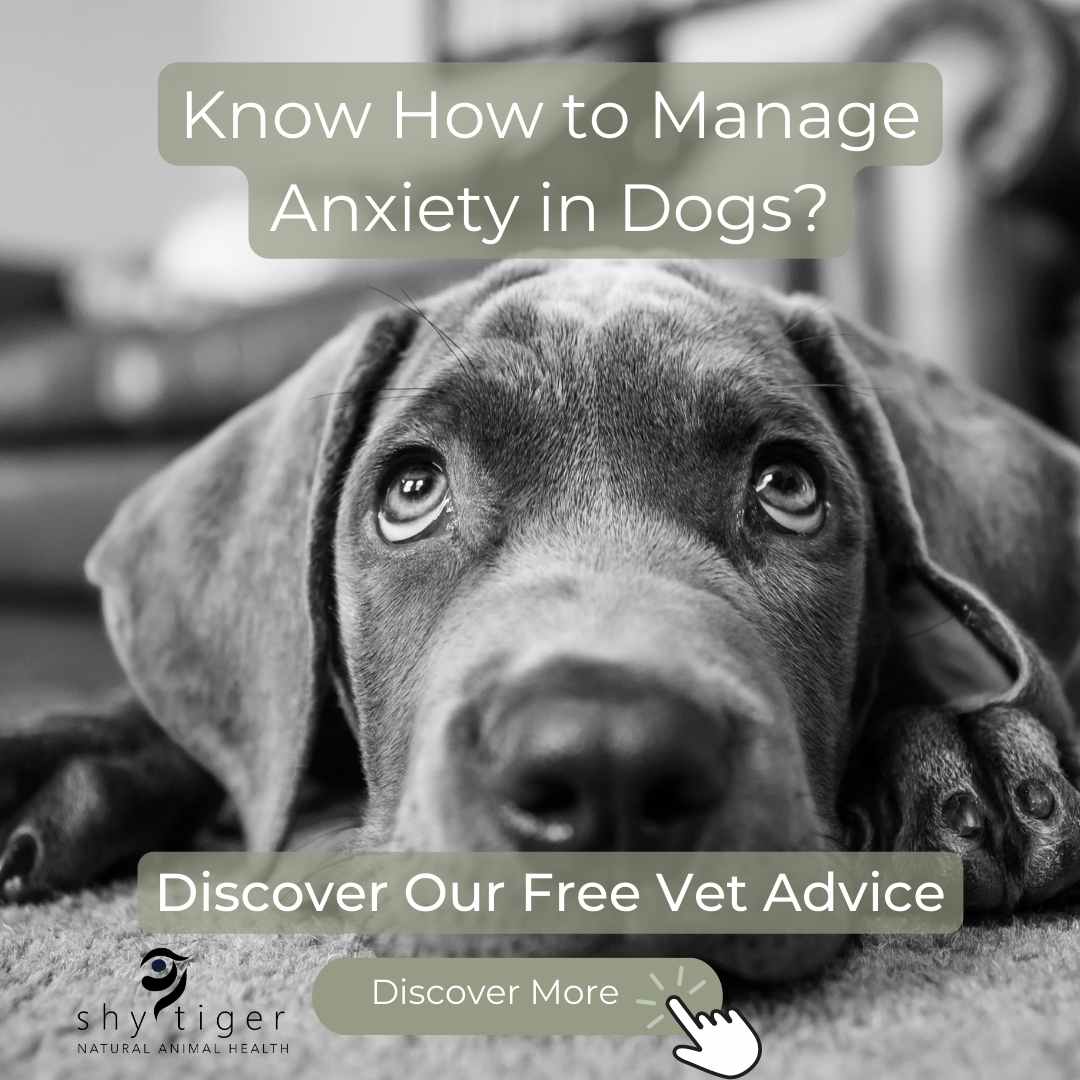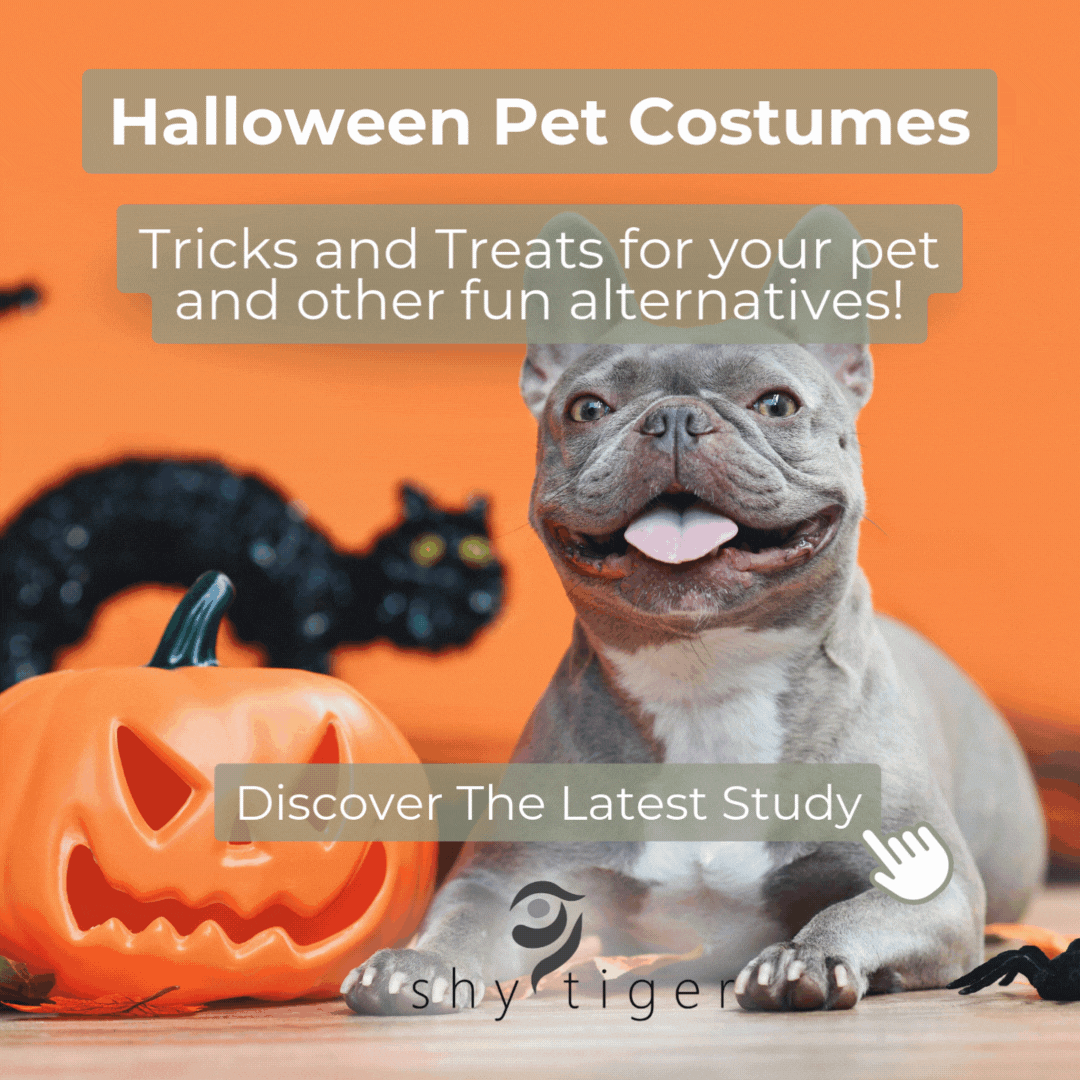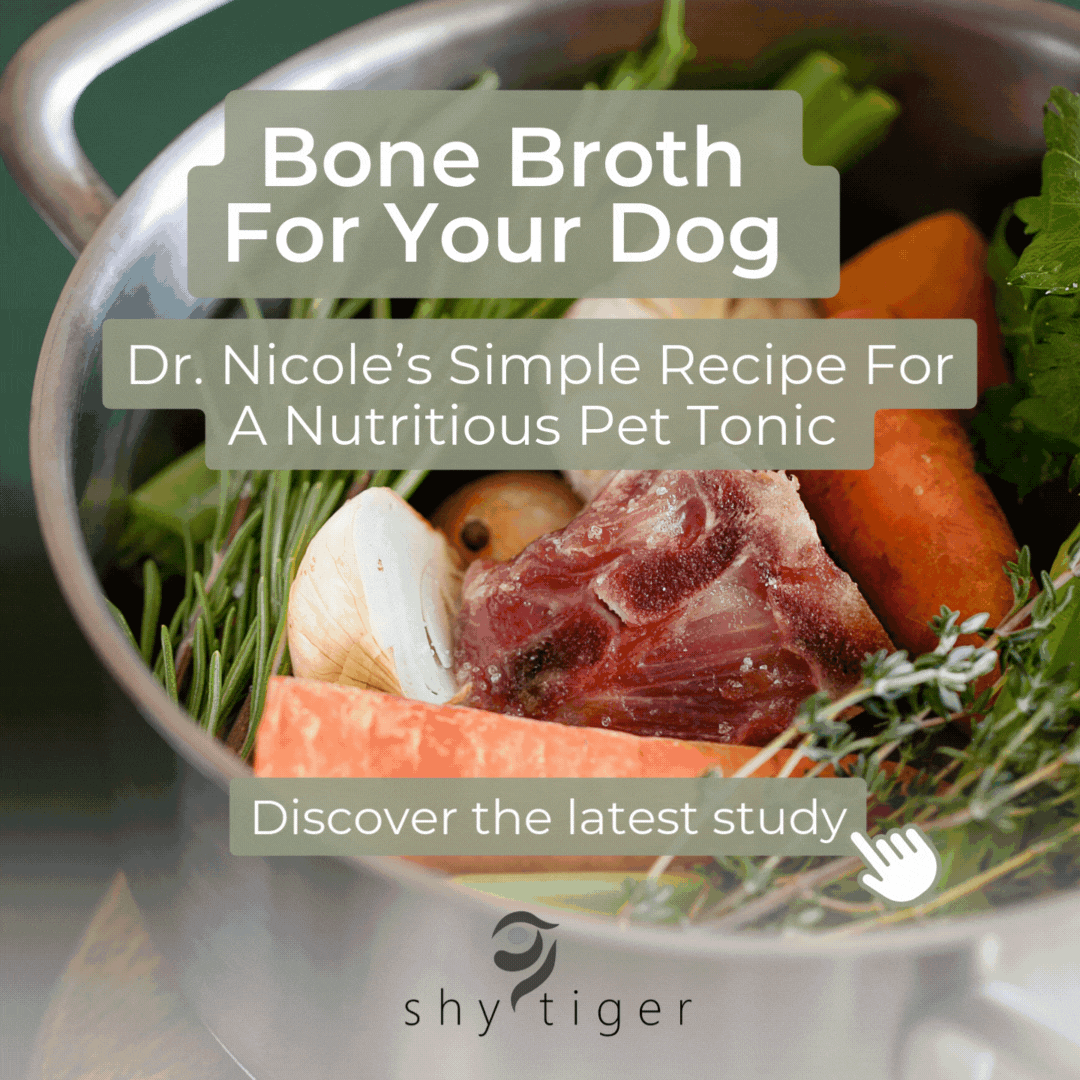How to manage anxiety in dogs

Anxiety is not just a human experience; it's a condition that can affect our canine companions as well. While awareness of mental health issues has grown significantly in humans, the mental well-being of dogs is often overlooked. This blog aims to shed light on this important topic, offering insights into identifying symptoms, understanding the causes, and providing actionable advice for managing anxiety in dogs.
How to Identify Anxiety in Dogs
Anxiety in dogs manifests in various ways, and it's crucial to differentiate between general behavioural issues and anxiety. Common symptoms include:
- Panting
- Barking or howling
- Poor appetite or emotional eating
- Restlessness or agitation
- Rigid or unusual postures
- Reactiveness towards people or other dogs
- Compulsive behaviours like nail chewing or paw licking
Understanding these signs is the first step in managing your dog's anxiety. However, it's essential to consult a veterinarian for a comprehensive diagnosis, as these symptoms can overlap with other behavioural or medical issues1.

Causes of Anxiety in Dogs
The causes of anxiety are multifaceted, often stemming from a combination of life events, relationship issues, trauma, and even genetics. Research has found that more than 50 unique dog breeds have genetic links to anxiety and noise sensitivity1.
Environmental factors also play a significant role. Dogs that are left alone or chained outside for extended periods may develop fear or aggression towards strangers. Even your own anxious tendencies can influence your dog's mental state1.

Shy Tiger Solutions for Managing Anxiety
At Shy Tiger, we offer a range of products specifically designed to help manage your dog's emotional well-being:
Soothe + Calm Stress Day Spray for Dogs
This daytime spray can be applied directly to your dog's skin to help them relax during stressful situations. It's an excellent option for daytime use when your dog may encounter various stressors.
Soothe + Calm Night Stress Serum for Dogs
Designed for nighttime use, this serum can help your dog relax and sleep better. It's perfect for dogs that get anxious during the night or have trouble sleeping.
Soothe + Calm Day Stress Diffuse for Dogs
This diffuser can be used to spread a calming aroma throughout your home, providing a soothing environment for your dog. It's particularly useful for generalized anxiety that isn't tied to specific events.
These products can be integrated into your dog's daily routine for a holistic approach to managing anxiety2.

Managing Anxiety: Additional Practical Tips
1. Consistent Routine
A predictable routine can offer comfort to your dog. Consistency in meal and walk times helps them predict daily events, reducing anxiety1.
2. Training and Boundaries
Clear and consistent training approaches can provide your dog with a sense of certainty and clear expectations, helping manage anxiety and improve obedience1.
3. Natural Remedies
Natural remedies like essential oils, supplements, and acupuncture can be effective. Always consult your vet before introducing any new treatments1.
4. Professional Help
If your dog's anxiety is severe, consider consulting a dog trainer or behaviourist. It's crucial to choose a professional who does not punish anxious behaviour, as this can exacerbate the issue1.
5. Background Noise
Classical music has been found to reduce anxious behaviours in dogs. Television can also offer visual and auditory cues that are soothing1.
6. Consult Your Vet
If natural solutions are ineffective, some dogs may require medication. There's no shame in seeking pharmaceutical help to improve your dog's quality of life1.
Conclusion
Managing anxiety in dogs is a complex but crucial aspect of pet care. While it's always worth exploring natural solutions first, some cases may require medication. The primary goal is to give your dog the best chance to lead a low-stress, happy, and calm life.
As always, consult your veterinarian for tailored advice suited to your pet's specific needs.
Follow us on our social channels and sign up for our newsletter for more exclusive content.
Disclaimer: This blog post is intended for informational purposes only and should not replace professional veterinary advice. Always consult your veterinarian for diagnosis and treatment options best suited for your pet.




Leave a comment